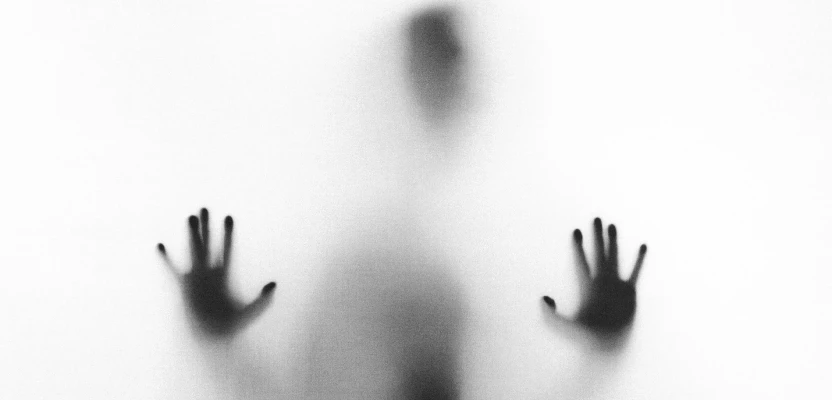
The dark web isn’t just a digital ghetto for drug deals and stolen data. It’s a complex ecosystem where fear meets hope, crime merges with resistance. Some come here to hide. Others come seeking what can’t be bought in ordinary life - freedom, truth, the chance to breathe without looking over their shoulder.
Crime as a Business Model
Mention the dark web, and the first image that comes to mind is black markets. And yes - the trade is real: anonymous vendors selling everything from psychedelics to databases filled with millions of stolen credit cards. In 2023, researchers at Chainalysis estimated that the daily revenue of top dark web marketplaces exceeded $2 million. But behind these numbers lie human stories.
Take Mark, a 24-year-old from Berlin. He started selling mephedrone on darknet platforms after losing his job during the pandemic. “I knew it was illegal,” he said in an anonymous interview via SecureDrop. “But when you’ve got debt and a family to feed, the choice between prison and hunger becomes theoretical.” Mark isn’t an outlier. For many, the dark web became a social elevator in a world where legal paths are locked shut.
But behind the Robin Hood rhetoric lies a brutal reality. According to Europol, 70% of drug runners in Europe are undocumented migrants. They're recruited through Telegram channels with promises of quick cash. Instead, they find themselves trapped in lifelong debt to cartels - and face death over a single mistake.
Resistance to Regimes
For thousands, the dark web isn’t a marketplace - it’s a trench in the war for free speech. In Iran, where a Facebook post can make you disappear forever, activists use Tor to coordinate protests. In Russia, independent media banned for publishing “fake news” about the war share articles via .onion mirrors. In China, users bypass the Great Firewall to read censored news hidden behind layers of encryption.
One young woman became a symbol of this digital resistance. In 2020, she launched a “Digital HQ” in the dark web - a platform for protest coordination. By using tools like Briar and Signal, they avoided mass arrests. “We learned to think like algorithms,” she says. “Every message is a puzzle they can’t solve.”
But every success comes with a price. In 2022, Iranian developer Alireza Fazli was executed for creating censorship-circumvention tools. His final post on a dark web blog read: “They can take my life, but they’ll never shut down the network.”
Escaping Big Brother
Even in democratic countries, the dark web serves as a refuge for those refusing to be digital sheep. After the Cambridge Analytica and Pegasus scandals, people rushed to buy VPN subscriptions and hardware wallets. But that wasn’t enough.
James, an IT specialist from California, turned to the dark web after his data was leaked in a healthcare breach. “I realized privacy was dead. Now I follow OPSEC protocols - even when ordering pizza,” he says. James uses Qubes OS, pays with crypto through mixers, and never connects to Wi-Fi without Tor. For him, the dark web isn’t a place - it’s a way of life.
People like James form a new class of “digital hermits.” They believe anonymity is the last line of defense - against corporations that sell their habits and governments that read their emails.
Knowledge Under Lock and Key
The dark web is also a vast archive of knowledge someone, somewhere decided should be hidden. Here you’ll find:
- Scientific papers Elsevier sells for $30 a piece;
- Books banned for “extremism” (like Mein Kampf in Germany);
- Ethical hacking manuals taken down from GitHub under government pressure.
But alongside them are bomb-making guides, terrorist manifestos, and graphic violence. The dark web doesn’t judge knowledge from danger - it simply preserves what others want to erase.
Anonymous Activism
Groups like Anonymous and WikiLeaks turned the dark web into a weapon of information warfare. Their methods inspire awe - and fear:
- Leaking politicians’ emails to expose corruption;
- Hacking military infrastructure;
- Creating “digital sanctuaries” for dissidents.
Many of these activists live in constant fear, changing names and countries. As a former LulzSec member put it: “You either become paranoid - or end up in prison. There’s no third option.”
Curiosity and Trolling
Not everyone comes to the dark web with noble intentions. For some, it’s just a challenge - a quest to find the mythical “red room” or the original Silk Road files. Most of these tales are pure myth - but they work better than any ad campaign.
Others just want to troll. They build fake stores, post bogus reviews, or sow panic for the fun of it.
The Philosophy of Digital Nomads
The dark web has birthed its own ideology - crypto-anarchism. Its believers hold that:
- Governments have no right to control information;
- Encryption is an act of resistance;
- True freedom can only exist in anonymity.
This isn’t some parallel universe. It’s a magnifying glass that reveals our fears, greed, and dreams. A place where the need to hide collides with the desire to be heard; where profit lust meets the fight for justice.
The dark web exists not in spite of us, but because of us. So long as there are those who want to censor - there will be those who build workarounds. So long as surveillance systems grow - so will the tools to break them. And maybe it’s in that eternal push and pull where real progress is born.
In the end, the dark web is just a tool. Like a hammer - you can build a home with it, or take a life.
The choice, as always, is ours.




Comments 0